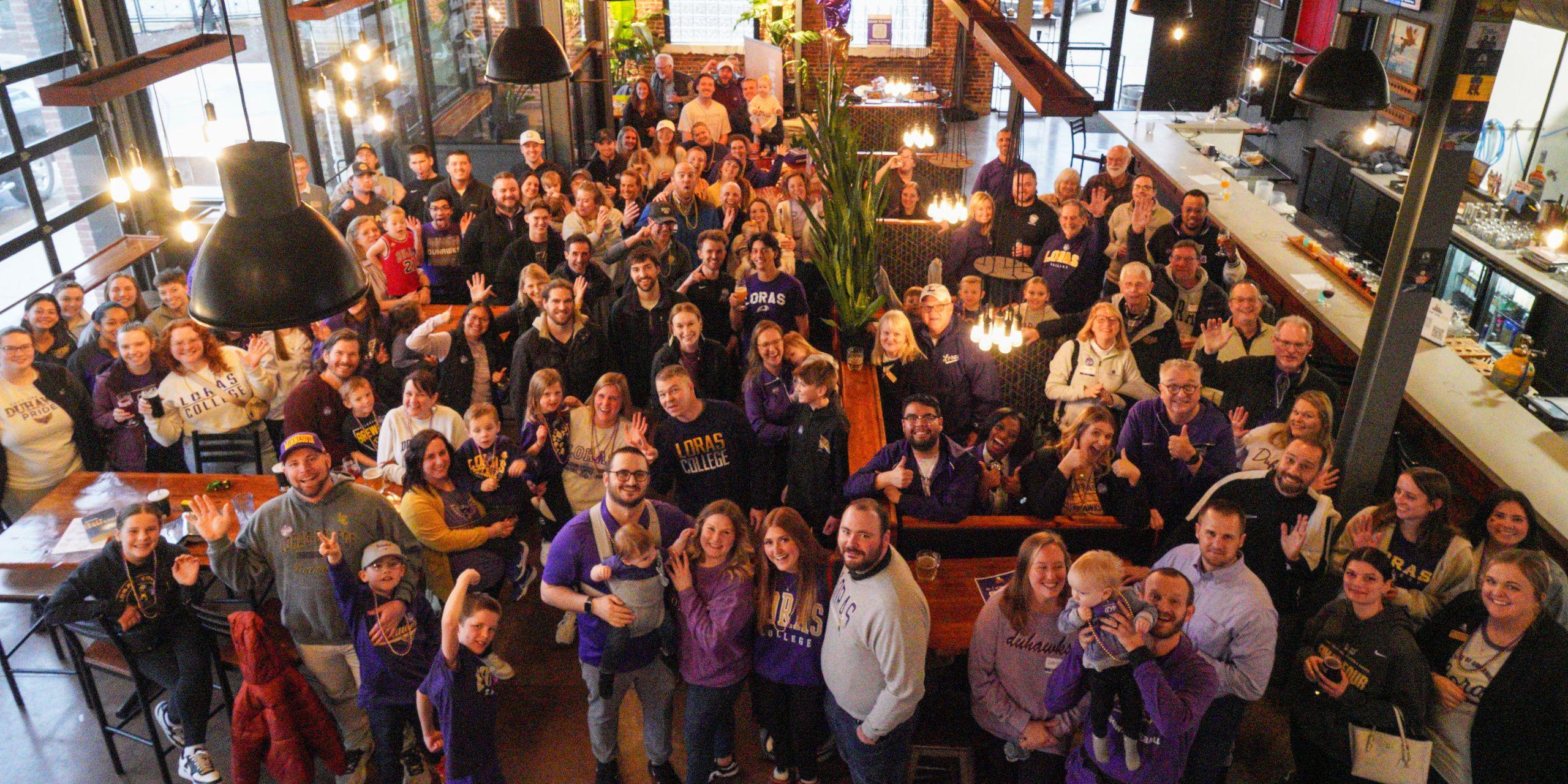I remember the first time I placed a CSGO wager - my hands were literally shaking as I watched the final round play out. That was three years and over 200 successful bets ago. What many newcomers don't realize is that betting on Counter Strike Global Offensive shares surprising similarities with the difficulty-tuning options in modern video games. Just like how certain games allow you to adjust difficulty settings to make the experience more digestible, CSGO betting has its own set of "difficulty sliders" that can dramatically improve your chances of success.
When I started out, I made every mistake in the book. I'd bet on underdogs without proper research, chase losses, and ignore fundamental statistics. It took me about two months and approximately $150 in losses before I realized I needed to approach this more systematically. The turning point came when I started treating CSGO betting like a strategic game rather than a gamble. Think about it - professional bettors actually maintain a consistent 55-65% win rate over time, which might not sound impressive until you realize that just a 5% edge over random guessing can be the difference between profit and loss.
One of the most crucial aspects I've learned is bankroll management. I always recommend newcomers start with what I call the "5% rule" - never risk more than 5% of your total bankroll on a single wager. This might seem conservative, but it's what allows you to survive the inevitable losing streaks. I've tracked my betting history meticulously, and the data shows that even during my best months, my win rate rarely exceeds 68%. That means out of every 10 bets, I'm still losing 3 or 4. Without proper bankroll management, those losses can wipe out weeks of progress.
The research process before placing any wager is where the real work happens. I typically spend at least two hours analyzing teams before any significant bet. This includes checking recent match history, map preferences, player form, and even external factors like travel schedules or roster changes. What many casual bettors miss is that CSGO is fundamentally different from traditional sports - the meta-game shifts dramatically with each update. A team that dominated last month might struggle today because their preferred strategies no longer work as effectively. I've found that tracking these meta shifts gives me about a 15% advantage over bettors who only look at win-loss records.
Live betting has become my personal favorite approach, though it requires intense focus and quick decision-making. The ability to watch the first few rounds of a match before placing your wager is like having that "failed run doesn't remove supplies" option from difficulty settings - it significantly reduces your risk. I've noticed that my live betting win rate sits around 72% compared to 65% for pre-match bets. The key is identifying early patterns - how teams approach pistol rounds, their economic management, and their adaptability when things don't go according to plan.
Emotional control separates professional bettors from recreational ones. Early in my betting journey, I'd frequently double down after losses, trying to recoup my money quickly. This almost never works. Now I maintain a strict 24-hour cooling off period after any significant loss. The data doesn't lie - my decisions made within an hour of a tough loss have a 38% lower success rate than my typical bets. It's human nature to want immediate redemption, but CSGO betting rewards patience and discipline above all else.
The platform you choose matters more than most people realize. I've experimented with seven different betting sites over the years, and the quality of odds, speed of payouts, and overall user experience vary dramatically. My current platform of choice typically offers 5-7% better odds on underdogs compared to the industry average, which might not sound like much but compounds significantly over hundreds of bets. I also prioritize sites with robust live streaming integration, as being able to watch the match directly through the betting interface saves precious seconds during live wagers.
Understanding value betting transformed my approach completely. The concept is simple - you're not trying to predict who will win, but rather identifying when the odds offered don't accurately reflect the true probability of an outcome. If my research suggests Team A has a 60% chance of winning, but the odds imply only a 50% probability, that's a value bet. This mindset shift took me from being reactionary to strategic. I now maintain a spreadsheet tracking my identified value probabilities versus actual outcomes, and over my last 500 bets, I've identified value correctly about 63% of the time.
The community aspect of CSGO betting is both a blessing and a curse. On one hand, following expert analysts and engaging with knowledgeable communities can provide insights you might have missed. On the other, herd mentality can lead to odds moving in irrational directions. I typically do my initial analysis before reading any community opinions to avoid bias. What I've observed is that popular picks often have artificially deflated odds due to mass public betting - sometimes by as much as 10-15%. This creates opportunities to find value on the opposing side.
Looking back at my betting journey, the most important lesson has been consistency. The bettors who succeed long-term aren't the ones hitting incredible parlays or making wild predictions - they're the ones who maintain discipline through both winning and losing streaks. My monthly returns typically range between 8-15% of my bankroll, with occasional dips during particularly volatile tournament periods. This might not sound exciting compared to the stories you hear about massive single-bet wins, but it's sustainable. The real win in CSGO betting isn't striking it rich overnight - it's building a skillset that generates consistent returns over months and years. Just like adjusting difficulty settings in a challenging game, finding the right approach transforms CSGO betting from a risky gamble into a strategic endeavor where knowledge and preparation directly translate to success.




